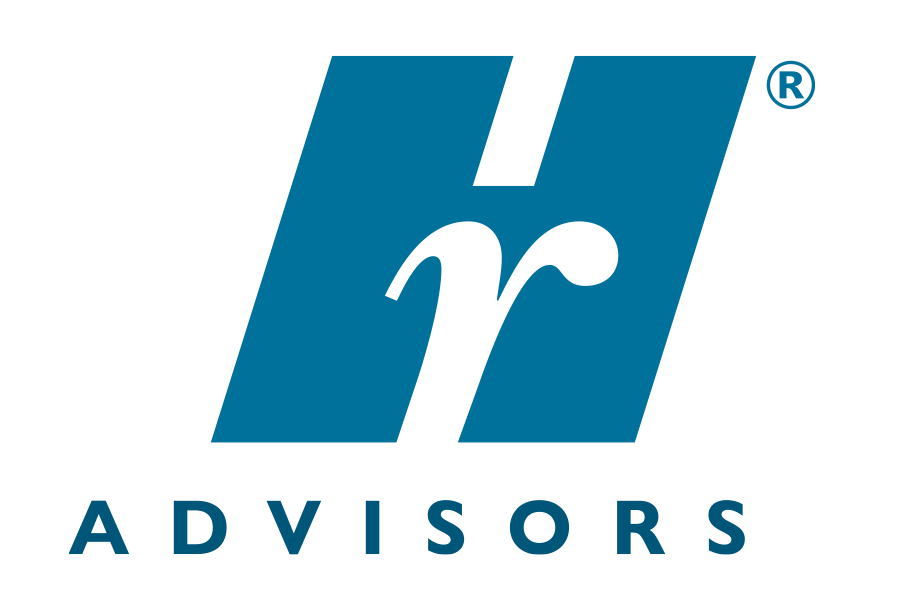Workers’ Compensation Benefits Extended for COVID-19
On May 6th, Governor Gavin Newsom signed Executive Order N-62-20, extending workers’ compensation benefits to employees who contract COVID-19 while working outside of their homes during California’s stay-at-home order. The order is retroactive to March 19, 2020, and extends through July 5, 2020.
As California’s gradual reopening begins to enter Phase 2, the executive order extends workers’ compensation benefits by creating a “rebuttable presumption” that workers, who test positive or are diagnosed with COVID-19 by a physician within 14 days after performing labor or services at their place of employment, contracted COVID-19 in the scope of employment. In other words, if the order conditions are met, it is automatically presumed that the employee contracted COVID-19 during employment, making them eligible for the full range of workers’ compensation benefits, including full hospital, surgical, medical treatment, disability indemnity and death benefits.
The order applies to all workers who contract COVID-19 within 14 days of reporting to their places of employment at the employer’s direction. However, it specifies that the place of employment cannot be a home or residence. The presumption may not apply in a situation where an employee works remotely from home and elects to go to their normal worksite for some reason without direction from the employer and subsequently contracts coronavirus.
The presumption can be rebutted by employers but only under “strict criteria,” according to Governor Newsom. Unfortunately, the Governor didn’t elaborate on the criteria, and the order doesn’t specify any criteria for rebutting the presumption. Employers could offer evidence that the employee doesn’t actually have COVID-19 or contracted the virus outside of the work environment, but it seems like an extraordinarily difficult task for employers given the circumstances
Employers should be aware of some additional procedural rules within the order. In the order, if a claim hasn’t been rejected within 30 days, it is presumed compensable, reducing the normal timeframe for compensability decisions from 90 to 30 days. Additionally, when the employee has specific COVID-19-related paid sick leave benefits, those benefits must be used and exhausted before any temporary disability benefits are payable
During the Governor’s press conference, the Chief Deputy Director of the California Department of Industrial Relations (DIR) stated that the DIR would be issuing additional guidance on the order in the coming days. Hopefully, the guidance will provide more details to employers, including the “strict criteria” for rebutting the COVID-19 presumption.
Right now, employers should ensure they’re closely following state and federal health mandates and guidance for preventing or minimizing the risk of COVID-19 exposure in the workplace. They should also be in frequent communication with their legal counsel and workers’ compensation carriers about how to handle claims under the order’s shortened compensability timeframe.
